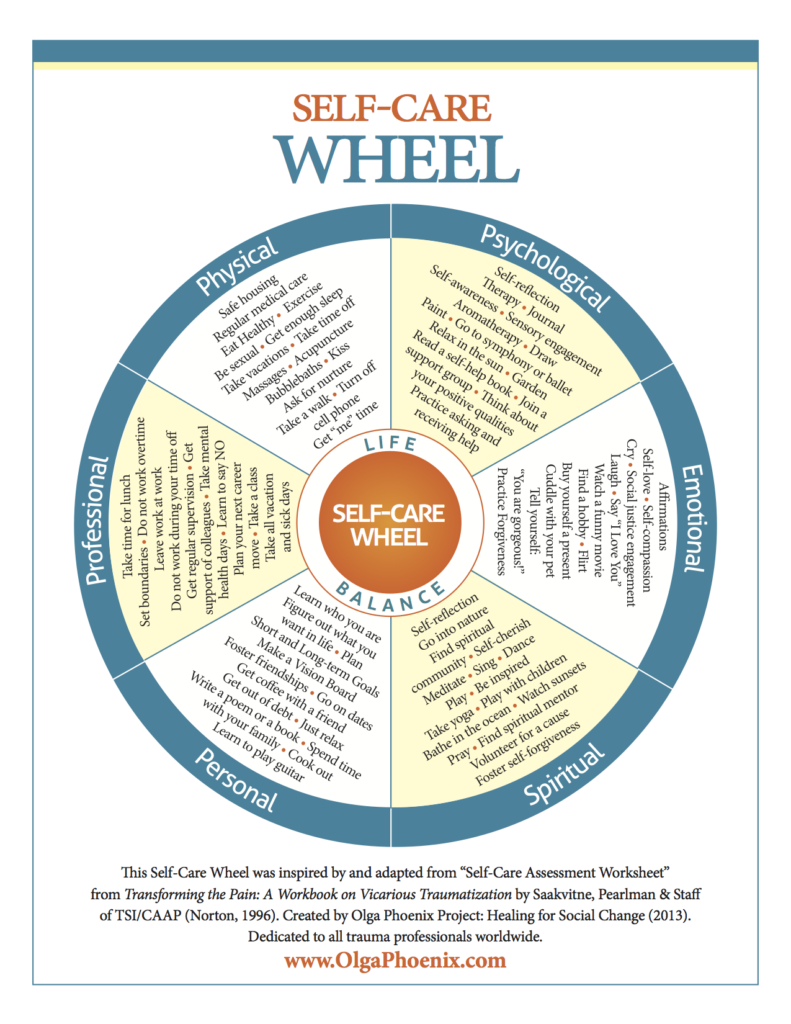
How to know when to see a therapist for anxiety, what anxiety is, the difference between anxiety and stress, and how to manage anxiety.
Anxiety impacts many Canadians. According to Stats Canada, in 2021 15% of the population met the criteria for Generalized Anxiety Disorder. While my practice doesn’t focus on mental health diagnoses (more on that here), it’s important to know how common anxiety is. By normalizing anxiety, we can reduce the stigma, share more openly about mental health, and seek support.
If you’re reading this article, there’s a chance you or someone you love currently experiences anxiety.
Anxiety is a normal part of life — it’s part of the human condition. From an evolutionary perspective, anxiety has been a key aspect of our survival as a species. Without anxiety, we wouldn’t know to run away, hide, or fight back against predators, perpetrators, or oppressors. In a weird way, we might thank our anxiety for keeping us (and our ancestors) alive up until this point.
Thank you mind and body for keeping me safe.
However, it might be time to seek a counsellor for anxiety when we begin to notice it interfering with our daily routine, goals, and long-term aspirations. How many of us have held ourselves back at work, in school, or with other people because of anxiety?
While this is common, it doesn’t have to be your experience.
Signs it might be time to see a therapist for anxiety:
- You constantly feel overwhelmed, on edge, and stressed
- You’re emotions feel “out of control”
- Your physical health is impacted
- You’re struggling to maintain relationships, or build new connections
- Your performance at work, or school is suffering
- You feel panicked, or have had a panic attack
- You’re avoiding activities and people that once brought you joy
- You’re relying on unsupportive coping strategies, such as numbing, or avoidance
- You’ve experienced trauma, whether a single event, multiple event, or a chronic trauma history
Anxiety vs. Stress
Stress is in response to a person, or event. It can make us feel overwhelmed, irritated, and on edge. On the other hand, stress can also motivate us to move in the direction of our dreams, and can serve as a valuable reminder that someone, or something is important to us.
Kelly McGonigal has a great TED Talk, where she shares how our beliefs about stress influence its impact on our bodies.
Isn’t that wild? Just by changing our relationship with stress, we can improve health outcomes.
The same is true for anxiety, but unlike stress, problematic anxiety is often NOT in response to a person, or event. Yes, certain people, or circumstances might elicit anxiety, but when we’re experiencing anxiety it has less to do with what is actually happening, and more to do with what we perceive to be happening.
Again, this comes down to our beliefs — how we interpret our experience.
For many, anxiety is experienced as a feeling of dread, worry, or fear — like something bad is going to happen. If something scary, or life-threatening is present, well thank goodness we’re experiencing anxiety! Our body and brain has just given us a clue that something is wrong. This is helpful anxiety.
But anxiety becomes problematic when it’s not in response to something scary, or life-threatening. What if nothing wrong is going on at all? You just woke up anxious, or began feeling anxious in class all of a sudden. This is problematic anxiety, because it’s not in response to anything. Rather, it’s based on perception, and perception is learned.
What does this mean? This means that problematic anxiety is learned.
And just like it was learned, it can also be unlearned. This is where counselling comes in.
In counselling, you’ll learn when and how anxiety was learned, heal from past experiences that once made anxiety a helpful adaption, practice regulating your nervous system, and learn tools to manage anxiety and stress.
How to manage anxiety
In order to manage anxiety we often have to learn how to manage stress. Although stress can be helpful, it can also set us up to experience greater anxiety. Like a tipping point, we all have stress thresholds. Some can handle higher levels of stress than others, but if we surpass our stress threshold we might notice anxiety becomes more rampant.
We manage anxiety in two ways:
- Lowering stress.
- Normalizing anxiety
How to lower stress
You can lower stress through nervous system regulating exercises and practices. This might look like: spending time in nature, moving your body, having quality time with friends and family, resourcing, or reading a book for enjoyment.
It can be helpful to take inventory of the demands and circumstances in your life that are contributing to your overall stress. If each hour spent in a stress inducing situation was like a coin taken out of your self-care bank account, how could you replenish your self-care bank account? Take a look at the self-care wheel, for ideas to take care of yourself holistically.

How to normalize anxiety
You can normalize anxiety by continuing to learn and talk about it, and by offering yourself self-compassion when it comes up.
When offering yourself self-compassion, think about someone you love, or care about. This could be a person, or a pet. If they were feeling anxious, scared, or overwhelmed, what would you say to them? How would you support them through that emotion?
Tara Brach is a meditation teacher for frequently speaks on the subject of self-compassion. She has extensive resources on a practice called RAIN. RAIN stands for Recognize, Allow, Investigate, and Nurture. You can learn more about RAIN and practice Brach’s RAIN meditation here.
